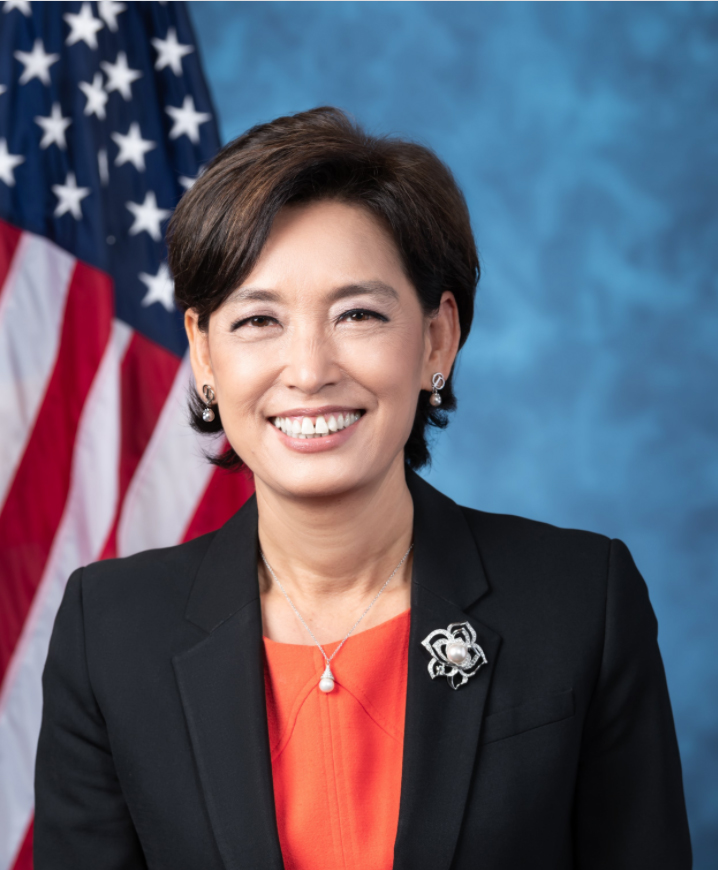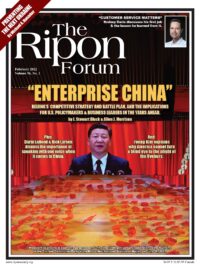
No one should live in fear because of their ethnicity or faith. Unfortunately, this happens daily in China in the province of Xinjiang. In the Xinjiang Uyghur Autonomous Region (XUAR) of the People’s Republic of China (PRC), over 1.8 million Uyghurs and other ethnic minority groups have been imprisoned, tortured, and brainwashed in so-called ‘political reeducation’ centers by PRC officials because of their ethnicity and religious beliefs. Since 2017, the PRC government has systematically carried out state sponsored genocide in Xinjiang with the goal of wiping out Uyghurs and other ethnic minorities living in China.
Even Uyghurs living abroad are in danger, as the PRC has weaponized its embassies and consulates around the world to invalidate passports and strongarm countries into deporting vulnerable ethnic minorities back to China where they disappear into the detention camp system.
The personal testimonies from survivors and instructors of the camps are heart wrenching and horrific, yet tragically, not unique. Too often we have heard verified accounts of forced labor, systematic rape, forced sterilization, inhumane conditions in detention camps, brainwashing, and torture.
Last year, Congress passed the Uyghur Forced Labor Prevention Act, which would prevent products produced in Xinjiang and suspected of utilizing forced labor from being imported into the U.S.
Congress in recent years has found bipartisan support in responding to crimes against humanity in Xinjiang. Last year, Congress passed the Uyghur Forced Labor Prevention Act, which would prevent products produced in Xinjiang and suspected of utilizing forced labor from being imported into the U.S. This, among other provisions, represent strong action taken by Congress to respond to the genocide in Xinjiang. While I’m glad Congress got this bill across the finish line and President Biden signed it into law, there is more to be done to support Uyghurs and hold the PRC officials responsible for their repeated torture accountable.
I introduced the Uyghur Policy Act, which would create a multilateral diplomatic strategy to counter the Chinese Communist Party’s genocide in Xinjiang and push back on the PRC’s efforts to silence Uyghur advocacy.
Specifically, the bill would create a Special Coordinator for Uyghur Issues, allocate funding for human rights advocates to speak up, prepare our Foreign Service Officers to communicate with the Uyghur community, and call on our government to develop a multilateral strategy with other likeminded countries to call for the PRC to immediately cease its policies in Xinjiang.
House Foreign Affairs Subcommittee on Asia, the Pacific, Central Asia, and Nonproliferation Chair Ami Bera (CA-07) joined me in introducing this bill, and we have 50 bipartisan cosponsors. It passed out of the House Foreign Affairs Committee in September 2021, and I hope House leadership brings it to the floor soon.
While Congress has made strides to support Uyghurs, nations and private interests around the world have remained largely silent as the PRC continues to ramp up its genocidal campaign. In fact, many U.S. companies have continued to ignore basic corporate responsibility and morality in favor of profit and have not done nearly enough to respond to concerns over the PRC’s human rights violations.
We must wake up and realize that the CCP has fully committed to leveraging oppression, torture, and genocide to further its geopolitical ambitions and economic prospects.
Instead of speaking out and withdrawing financial support for a regime that is torturing and exploiting its own people based on their ethnicity and religious beliefs, many companies have leaned further into China’s market. Their financial investment and technology—including intellectual property that will likely be stolen—will allow the PRC to further legitimize its regime and strengthen its grip on its people.
Some companies have even gone as far as to remain corporate sponsors of the 2022 Winter Olympics in Beijing, which the PRC is also using to silence dissent globally. These companies have chosen to turn a blind eye and continue funding a regime that actively silences, enslaves, and tortures its own people—and the American people will not forget.
We must wake up and realize that the CCP has fully committed to leveraging oppression, torture, and genocide to further its geopolitical ambitions and economic prospects. We cannot continue to be complicit and must deal with the PRC government we have, not the one we want. I will continue to do all I can to support Uyghurs and I hope my colleagues as well as U.S. companies and the international community joins me so we can hold the CCP accountable.
Young Kim represents California’s 39th District in the U.S. House of Representatives.




